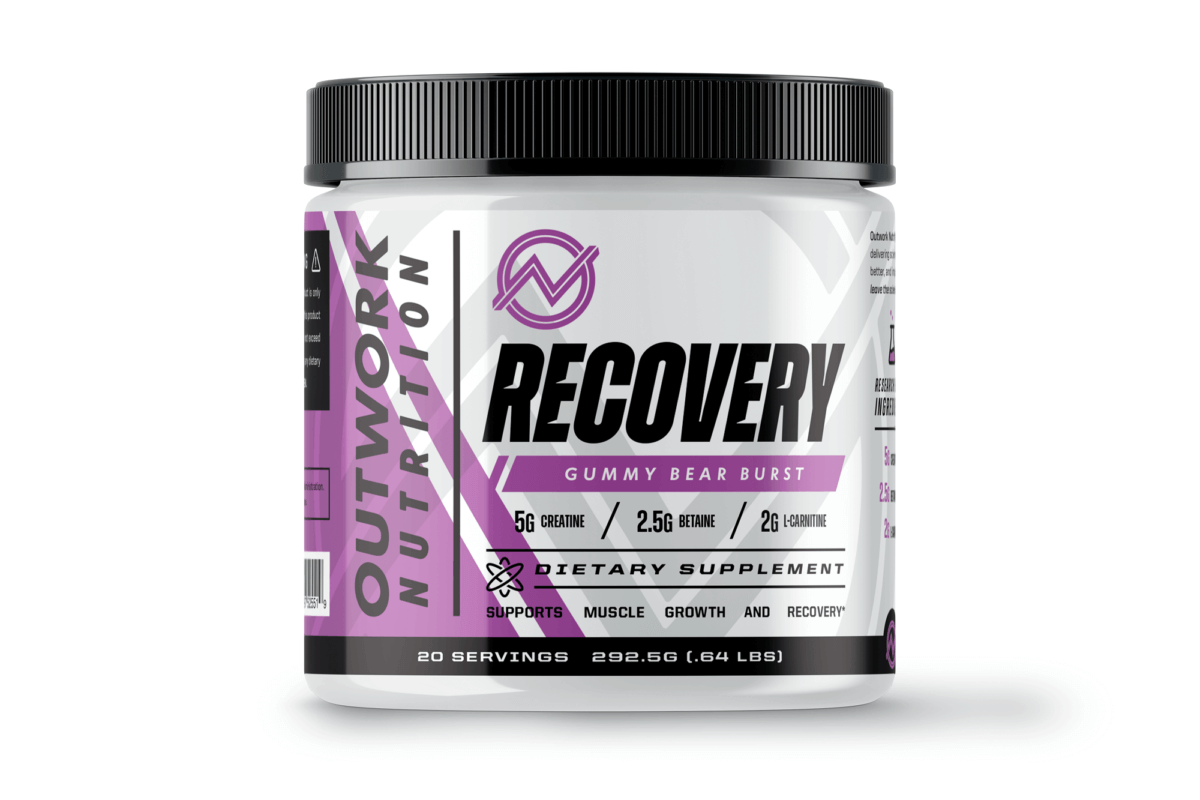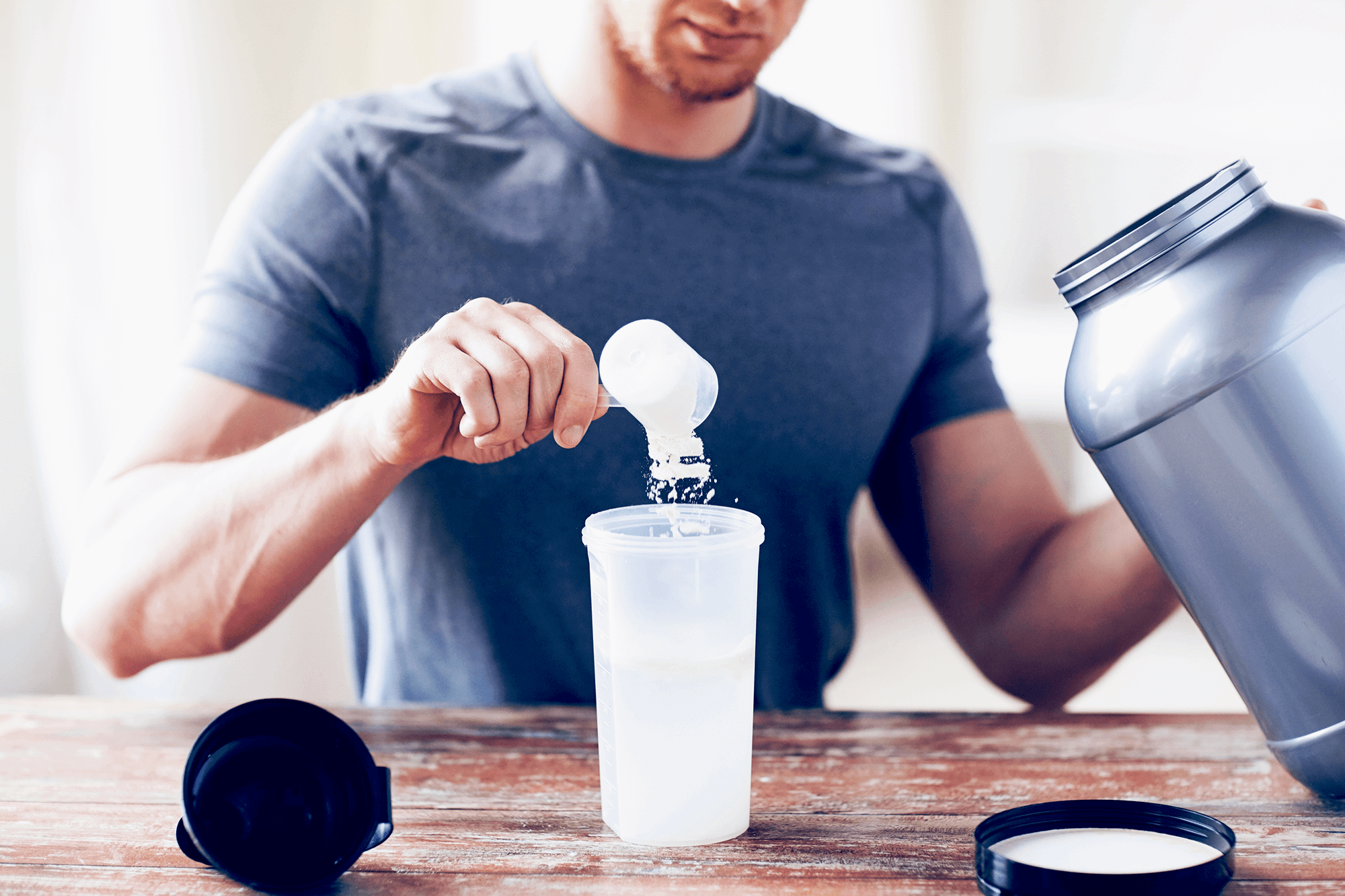The benefits of creatine supplementation on strength, power, and lean mass gains are well documented. But can creatine also lead to endurance performance increases?
Overview
What did they test? The authors reviewed the current literature to understand the effect of creatine monohydrate supplementation on endurance performance.
What did they find? Creatine monohydrate supplementation did not have a significant effect on endurance performance.
What does it mean for you? Given that creatine can effectively increase fat-free mass and contribute to water weight gain, it may be best to avoid taking it if you’re a high-level endurance athlete. However, if you’re someone who, aside from endurance performance goals, also cares about getting bigger and stronger, creatine is still a supplement worth taking.
What's the Problem?
Creatine monohydrate. THE supplement when it comes to strength, muscle mass and power 1. Creatine is a non-protein amino acid that is primarily made in the liver and kidneys. Most creatine is stored in the muscle, with approximately 65% of it being stored as phosphocreatine and the remaining as free creatine. The high availability of cellular phosphocreatine can help with the faster conversion of Adenosine diphosphate (ADP) to Adenosine triphosphate (ATP), the molecule that is our primary fuel source for high-intensity exercise.
Although it’s possible to get saturated creatine stores through one’s diet, only about 60-80% of creatine stores are saturated through the consumption of food 2. This is where creatine supplementation comes in and can help cover the remaining 20-40%. This in turn allows for significant increases in strength and power. Additionally, there is research showing that supplementing creatine while engaging in resistance training can augment meaningful gains in muscle mass 3. Creatine has also been shown to be safe and well tolerated in healthy individuals, even in studies where people were supplementing with up to 30g of creatine per day for 5 years 1.
Creatine does not have an acute effect like caffeine; you don’t just take a single serving of creatine and feel an effect; it requires time to accumulate to saturate your body’s creatine stores fully. If you’ve ever read anything about creatine, you’ve probably heard that one needs to “load” creatine, consuming up to 20g of creatine per day for a week or so, something that science has shown us is not necessary. Instead, one can consume the maintenance dose of approximately 3-5g per day and eventually reach creatine saturation. Although not necessary, the loading phase can help you reap the benefits of creatine a bit sooner, but in some individuals, like myself, higher doses of creatine (>10g of creatine per serving) may lead to slight gastrointestinal distress 4.

Creatine monohydrate is one of the few supplements that work and are worth taking if your goal revolves around getting bigger, stronger, and more powerful. The evidence on creatine’s effectiveness on the above outcomes is substantial and even shows that minute details like the time of taking creatine don’t matter much 5. Lastly, despite having many different forms of creatine (e.g., creatine ethyl ester), creatine monohydrate is the type of creatine that has been most extensively researched and is among, if not the, most affordable. It’s not uncommon to often see supplements flaunting the inclusion of some other form of creatine as something giving them an edge over good ol’ creatine monohydrate, something that is not supported by the current scientific evidence. This usually comes with a significant price increase, too, so don’t fall for it. Around 5g of creatine monohydrate per day is more than enough for you to reap creatine’s benefits.






